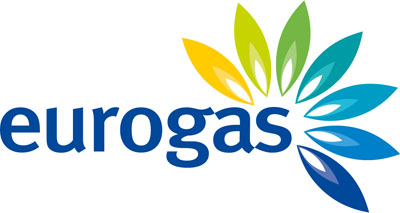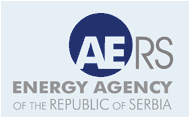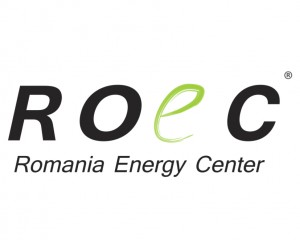The need to construct the Baltic nuclear power plant to meet the region’s electricity demand has risen after the freezing of the Visaginas nuclear power plant project, Dmitry Sukhanov, General Director of JSC Atomenergopromsbyt, a daughter company of Russia’s nuclear energy corporation Rosatom, told New Europe in an interview on December 7.
Lithuania’s new energy strategy suggests bringing the Visaginas nuclear power plant project, which has not made any progress over the government’s 2012-2016 term, to a halt until it becomes economically beneficial in terms of market conditions or become needed to ensure safe power supplies.
"The decision on the implementation of the Baltic nuclear power plant was adopted in the presence of the conditions for the Visaginas nuclear power plant construction plans. Now, with the freezing of the Visaginas nuclear power plant project, the issues of ensuring a reliable supply base capacity in the Baltic region, as well as meeting the growing demand for electricity have risen tremendously,” Sukhanov said, arguing that due to the planned decommissioning of the prime nuclear power capacities in Germany as well as in Sweden, where it is planned to reduce installed nuclear capacity by a quarter by 2020, the electricity supply from the Baltic NPP becomes even more relevant.
Asked when will the Baltic NPP be operational, Sukhanov said construction completion dates are set depending on the provision of guaranteed standards of electricity distribution and formation of technical conditions of the electricity sales. Current concept of the project involves the supply of up to 100% of the electricity for export.
"At the current stage, we are negotiating with our European partners the options for the integration of the Baltic nuclear power plant into the electricity grid infrastructure of the region, as well as assessing the prospects for the use of the Baltic nuclear power plant and its network infrastructure in the process of market and energy systems integration of the Baltic region. In the case of reaching an agreement with the European partners, the actual commissioning of the power units of Baltic NPP would happen in the beginning of the next decade,” the Atomenergopromsbyt General Director said.
Asked who are the consumers for Baltic NPP, Sukhanov said that in terms of the implementation of the project, it is proposed to strengthen the existing network infrastructure of the Baltic region, which will positively impact the reliability aspect of electricity distribution for the consumers in the region.
"Implementation of the project will attract investments to the boarder area due to new network construction, will create new jobs, form new interstate electric ties in the region on new routes, stabilise electricity prices for consumers, and reduce the pressure of the CO2 emissions requirements for coal power plants of the region,” he argued, adding that this potential is perceived with interest by the European energy experts.
"In addition, there is an existing interest from the EU business community for a possible participation in the project, both in the construction and distribution of electricity: there have already been signed a number of memorandums and preliminary agreements for the electricity distribution to major European electricity consumers and energy holdings. Electricity distribution from the Baltic NPP is to be carried out according to market principles, at a price linked to the one of the electricity market,” Sukhanov said.
Asked if it can it be part of the EU Energy Union, Sukhanov claimed that the project is fully in line with the concept of the new EU design of the electricity market, adopted by the European Parliament, with its focus on the development of the regional inter-state cooperation on the creation of new power capacities of the reliable carbon-free generation, expansion of interstate connections, strengthening of the market signals for investment, enhancement of safe and stable power supply for the EU economy and its consumers.
"Therefore, we are convinced, that the Baltic NPP project can become a pilot joint project (EU-third countries), implemented according to the Energy union concept,” he said.
Asked if he is concerned about the future of nuclear power in Europe after the election of Donald Trump to the US Presidency and return to a policy possibly focusing more on fossil fuels and less on climate policy, Sukhanov said he is convinced, that the EU will step by step implement its energy policy, aimed at the reduction of CO2 emissions, increase of energy efficiency and security of energy supply.
He argued that without nuclear energy it is impossible to resolve global environmental problems. In addition, the results of the referendum in Switzerland say that Europeans are very wary of populist and economically unreasonable approach to abandoning of nuclear generation, Sukhanov claimed.
He said that the International Atomic Energy Agency’s (IAEA) point of view is not to oppose renewable energy and nuclear energy. "These are two kinds of ‘green’ power generation who need to successfully complement each other in the overall energy mix. We are open to cooperation and collaboration in order to develop the best and mutually beneficial solutions for the future of the energy sector in Russia and Europe,” Sukhanov said.






 More
More









